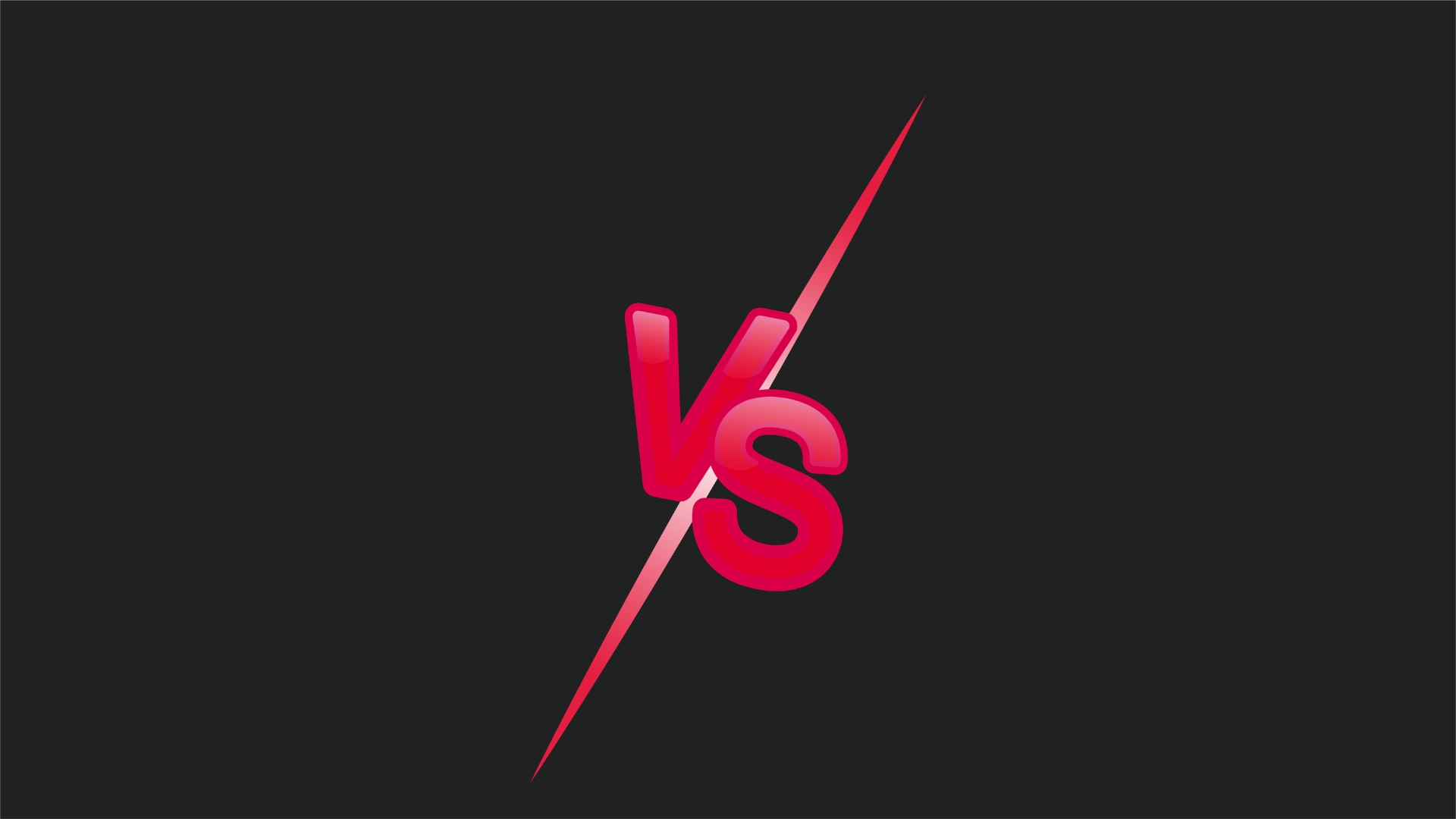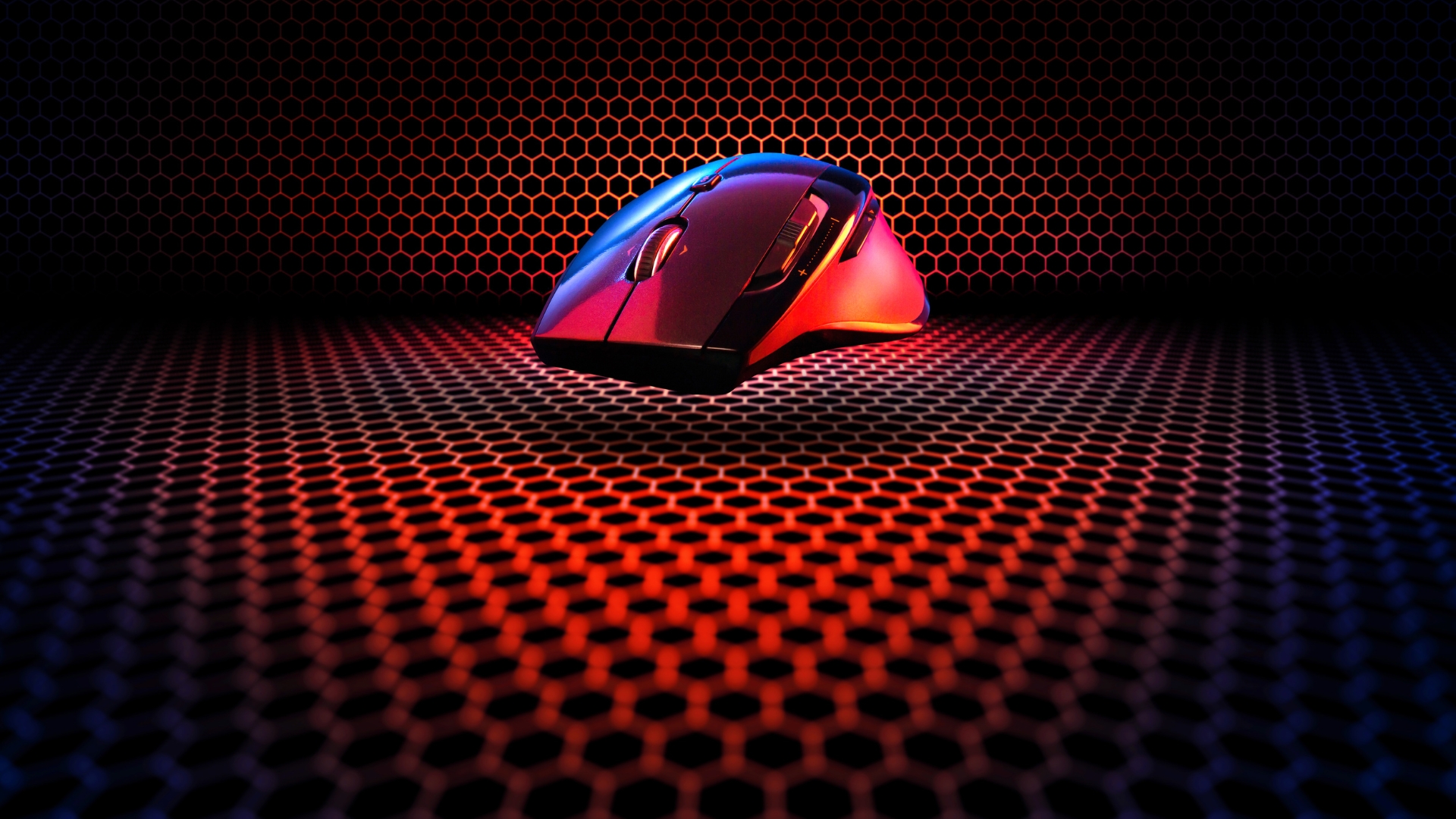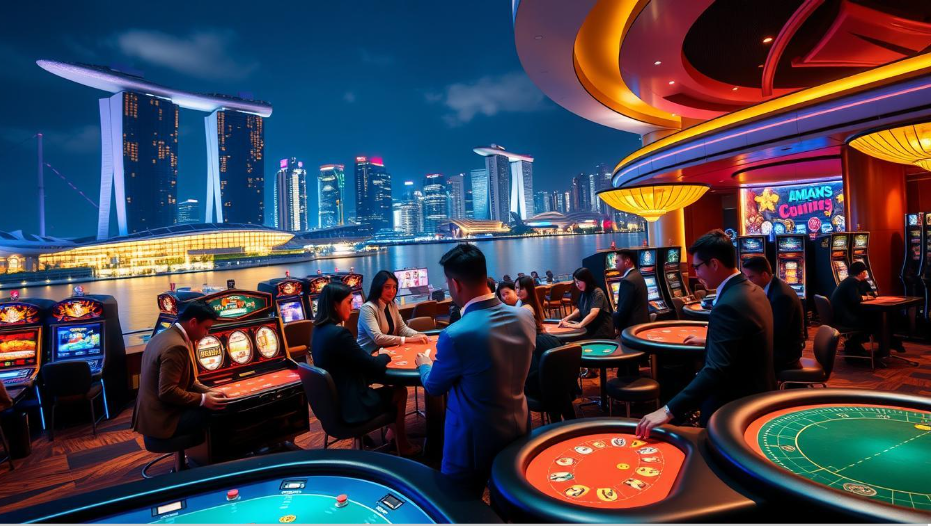Competitive gaming, a realm where mental acuity is as crucial as physical skill, offers a fascinating window into the psychology of high-stakes digital sports. Understanding the mental aspects of competitive gaming is key to comprehending what drives gamers to excel, endure, and sometimes falter under pressure. This exploration delves into the mindset of competitive gamers, examining the psychological factors that influence their performance and experiences.
The Drive to Compete
At the core of every competitive gamer is a drive, a deep-seated desire to excel and conquer. This drive is often fueled by a combination of intrinsic motivation, such as personal fulfillment, and extrinsic factors, like fame, recognition, or financial reward. The balance between these motivations can significantly impact a player’s approach to competition and their resilience in the face of setbacks.
Stress and Pressure Management
Competitive gaming is synonymous with high-pressure environments. Players often face intense stress, both self-imposed and external, which can affect their performance. The ability to manage stress, maintain composure, and stay focused under pressure is a critical skill for esports athletes. Techniques such as visualization, mindfulness, and stress-reduction strategies are commonly employed to enhance mental endurance.
Team Dynamics and Communication
In team-based games, the psychological interplay between team members can significantly impact performance. Effective communication, trust, and a sense of camaraderie are essential for team cohesion. Conversely, interpersonal conflicts, miscommunication, or a lack of trust can detrimentally affect team strategy and morale.
The Role of Confidence and Self-Belief
Confidence plays a pivotal role in competitive gaming. A strong sense of self-belief empowers players to take calculated risks, adapt to changing situations, and perform at their best. However, maintaining a balance is crucial, as overconfidence can lead to underestimating opponents or overlooking key strategic elements.
Coping with Failure and Setbacks
How players cope with defeat and setbacks is a crucial aspect of the competitive gaming mindset. Developing resilience, the ability to learn from mistakes, and viewing setbacks as opportunities for growth are fundamental for long-term success in the esports arena.
The Impact of Fan and Community Support
The esports community, including fans and online followers, can have a significant psychological impact on players. Positive support can boost confidence and motivation, while criticism or negative feedback can be demoralizing. Navigating this aspect of competitive gaming requires a robust mental framework and often, support from coaches or mental health professionals.
Conclusion
The psychology of competitive gaming is a complex tapestry woven from the threads of motivation, stress management, team dynamics, self-confidence, resilience, and community interaction. Understanding these psychological elements is crucial for players aiming to excel in the competitive gaming world. As esports continue to grow, so too will the importance of psychological training and support for gamers navigating this high-stakes, mentally demanding environment.
Timothy R. Richmond, the skilled copywriter at MetaNow Gaming, is a driving force behind the diverse gaming content and community interaction on the platform. With a passion for storytelling in the gaming world, Timothy weaves narratives that resonate with the gaming community. His dedication to creating engaging and inclusive content makes MetaNow Gaming a vibrant hub for gamers seeking more than just news and reviews. Join Timothy on the journey at MetaNow Gaming, where his words contribute to a rich tapestry of diverse gaming experiences, fostering a sense of community and shared enthusiasm within the gaming universe.





